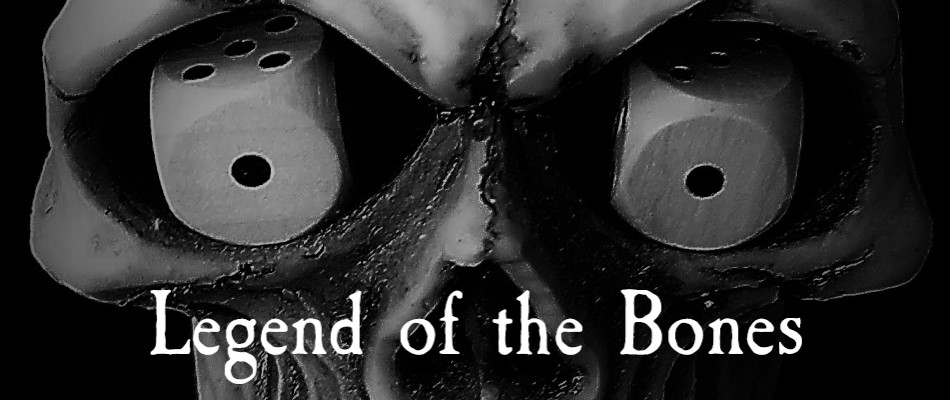Mages use magic and spells to change, alter and manipulate the world, and as such they are held in awe and revulsion in equal measure.
Disciplines
Mages follow one of 3 disciplines:
Hedge Magic is the discipline attuned to the natural world. It is linked to the folk belief known as ‘The Old Ways’ and is practised extensively in cultures considered pagans by followers of The Nine. Mages practicing this sphere of magic could be seen similarly as the legendary mage-like figures from the iron-age British Isles. for example, Merlin, Nimue and Rhiannon.
Arcane Magic is the broadest discipline and is practised by magic users of all dispositions. Arcane mages are focused on pushing the boundaries of what the sentient mind can achieve.
Sorcery is chiefly concerned with dark, malevolent magic, and is often practised by those seeking power over demons and the dead. Sometimes known as Demonologists, Necromancers or most commonly Sorcerers; these dark mages seek to harness forbidden, malevolent knowledge in order to grow their own personal power.
Magic users can draw magic from more than one discipline, but the wielding of Hedge Magic is incompatible with Sorcery, and vice-versa, and a mage must permanently relinquish all spells unique to one, in order to learn spell from the other.
Restrictions & Penalties
Ostentatious Mages suffer a -2 to any reactions with non-Mages
Herblore and Healing (Hedge Mages only)
Hegde Mages are able to identify all common herbs and plants, and have a 3-in-6 chance of foraging enough medicinal plants to treat one character, restoring 1 hit point. A single character can only be treated once per day.
The Sight
Mages are rare, making up just 0.01% of the population, and their power is innate, coming to bear with the onset of adolescence, when they develop 'The Sight'; the ability to sense magical energy in people, places and objects, although the specific powers cannot be determined
Mages have the ability to read magical runes
Spellcasting
Spells can only be memorised after at least 6 hours sleep.
In order to cast a spell, a successful Intelligence check must be made. This reflects the need to invoke the correct words and gestures.
A roll of Nat 1 results in the spell overcharging as the Mage channels raw magical power (roll on Overcharge table).
A roll of Nat 20 results in a miscast (roll on the miscast table)
See the Magic section for more information
Combat
Mages wearing any type of armour cannot cast spells
There is no restriction on weapons a mage can use, but tradition dictates that blades longer than daggers are not used.
Mage Level Progression

No comments:
Post a Comment